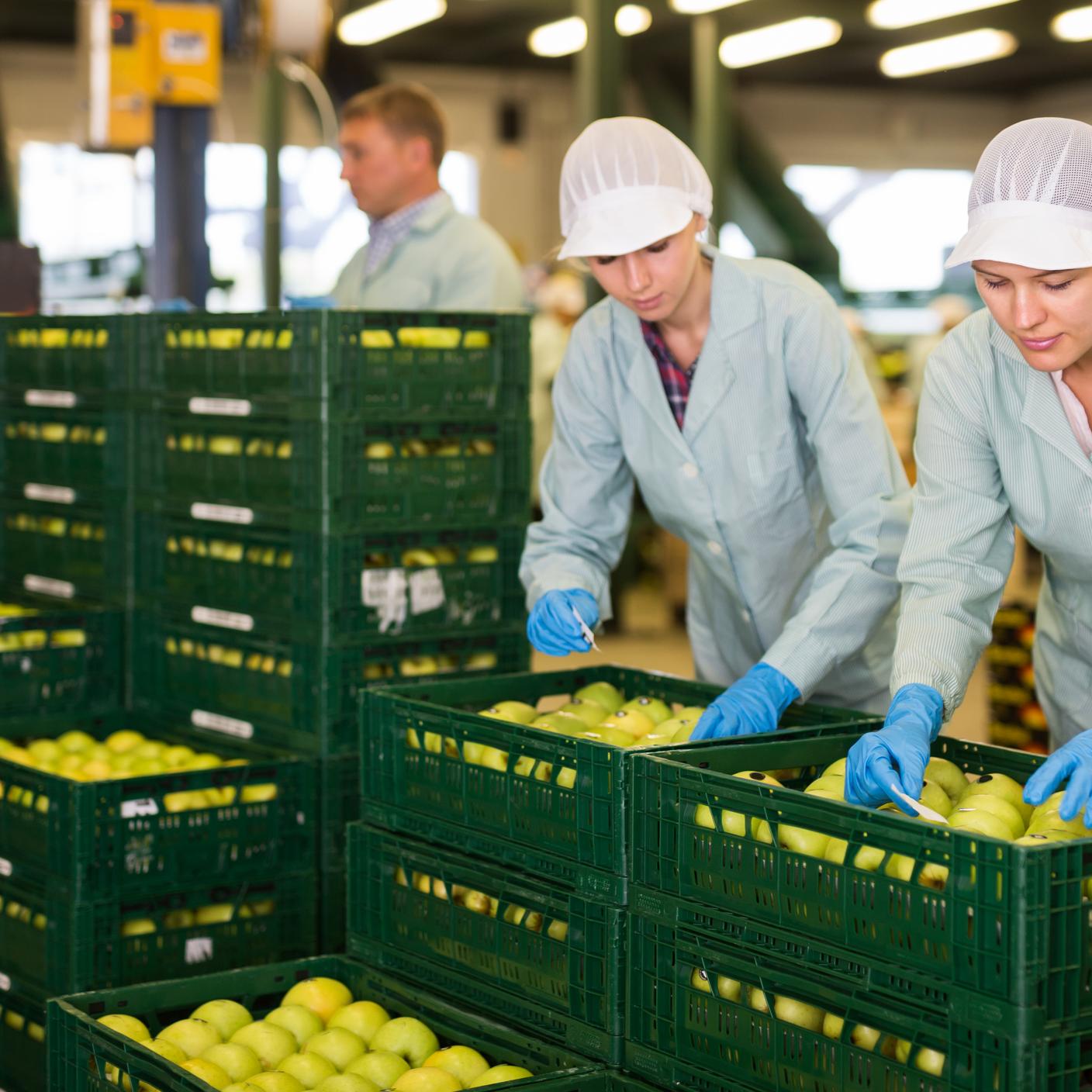The commercial possibilities of the circular economy
The circular economy is an opportunity for purpose-driven organizations to increase their drive towards sustainability.
In addition to making a positive impact on the environment, the circular economy is an economic model that provides real commercial benefits, such as:
1. Capture more value from your materials and resources
2. Save your organization, customers and suppliers money
3. Increase the security and price stability of your supply chain
4. Satisfy changing customer needs and expectations
5. Develop new markets and gain new customers
6. Exceed government regulations and stay ahead of new requirements
7. Build your brand and reputation as an innovative organization
8. Built loyalty with your customer base
9. Attract, retain and engage your employees
10. Provide more return and lower risk to your investors
There's a growing recognition that shifting to a circular economy is vital for creating change. This means using resources more efficiently: designing products that require fewer resources, last longer, and can be reused, remade or recycled when current use is expended.
It also involves reclaiming materials for reuse when a product's life cycle ends. This concept is often illustrated as a series of loops, where the best opportunities for conserving resources and value are in the inner loops.
As well as reducing waste, energy and other resource use, embracing the circular economy can ensure upcoming regulations such as the EU Waste Framework Directive and the Ecoproduct Design Directive are anticipated and fully complied with, helping to build reputation through commercial viability and brand recognition.
From waste to worth in building consumer confidence
By telling a brand story that goes beyond waste management to selling the virtues of remanufactured products and highlighting the benefits to individuals and the whole, organizations can build confidence in the power of the circular economy.
Strong messaging and products can build loyalty among consumers, with supplier and investor confidence following suit as a result. As this positive cycle takes shape, it becomes more feasible for larger segments of the market to shift towards adopting a circular economy approach. In other words, when consumers trust products and their supply chains, it lays a foundation for a wider transition to sustainable practices in the economy.
Moving forward in the circular economy
Navigating the journey towards implementing circular practices might not always be straightforward. Here’s 5 steps to help you get started:
Assess and analyse: Look at how you use resources now and where you're creating waste. Figure out how this impacts the environment and your costs.
Design and innovation: Change how you design products and packages. Aim to use fewer materials, make things that last longer, and can be easily taken apart for fixing, remanufacture, repurposing or recycling.
Collaborate: Work with suppliers and partners to share ideas. Find ways to get materials back into the system and reduce waste together.
Communicate: Tell partners, investors, suppliers and customers about your efforts to help the environment. Explain how your products save resources and money. Make sure customers and partners know the benefits.
Implement: Put your new ideas into action. Keep track of your progress. See how much waste and other resource use you're reducing, how much more you're recycling, and how satisfied your customers are.
By following these steps, you can change the way you do business, waste less, save resources, and help create a better future for everyone. It is within this framework that the importance of establishing standards rises to a position of utmost significance.
A mark of excellence
An innovative Kitemark™ has been introduced, designed specifically for remanufactured and reconditioned products. This distinction is awarded to companies whose processes for remanufacturing and reconditioning result in goods that meet or exceed the quality, performance, and longevity of brand-new equivalents.
Building consumer trust
By showcasing a steadfast commitment to reduced waste and circularity, organizations instil consumer confidence in repurposed items. This heightened consumer trust can translate into increased sales and diminished waste and other resource use over time.
By adhering to standards, organizations can improve efficiency, reduce risks, and gain trust from customers and stakeholders. Additionally, standards help drive innovation and continuous improvement, contributing to overall industry advancement and societal well-being.








